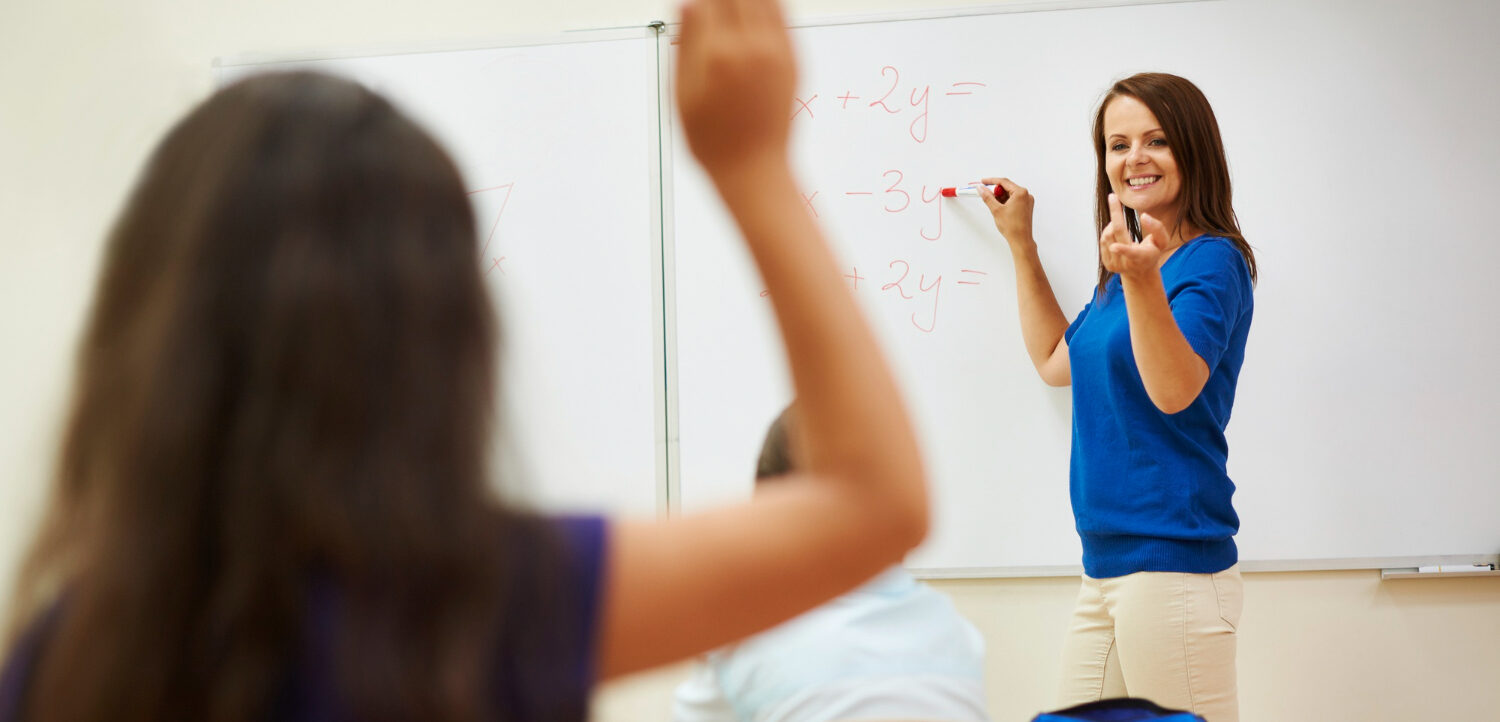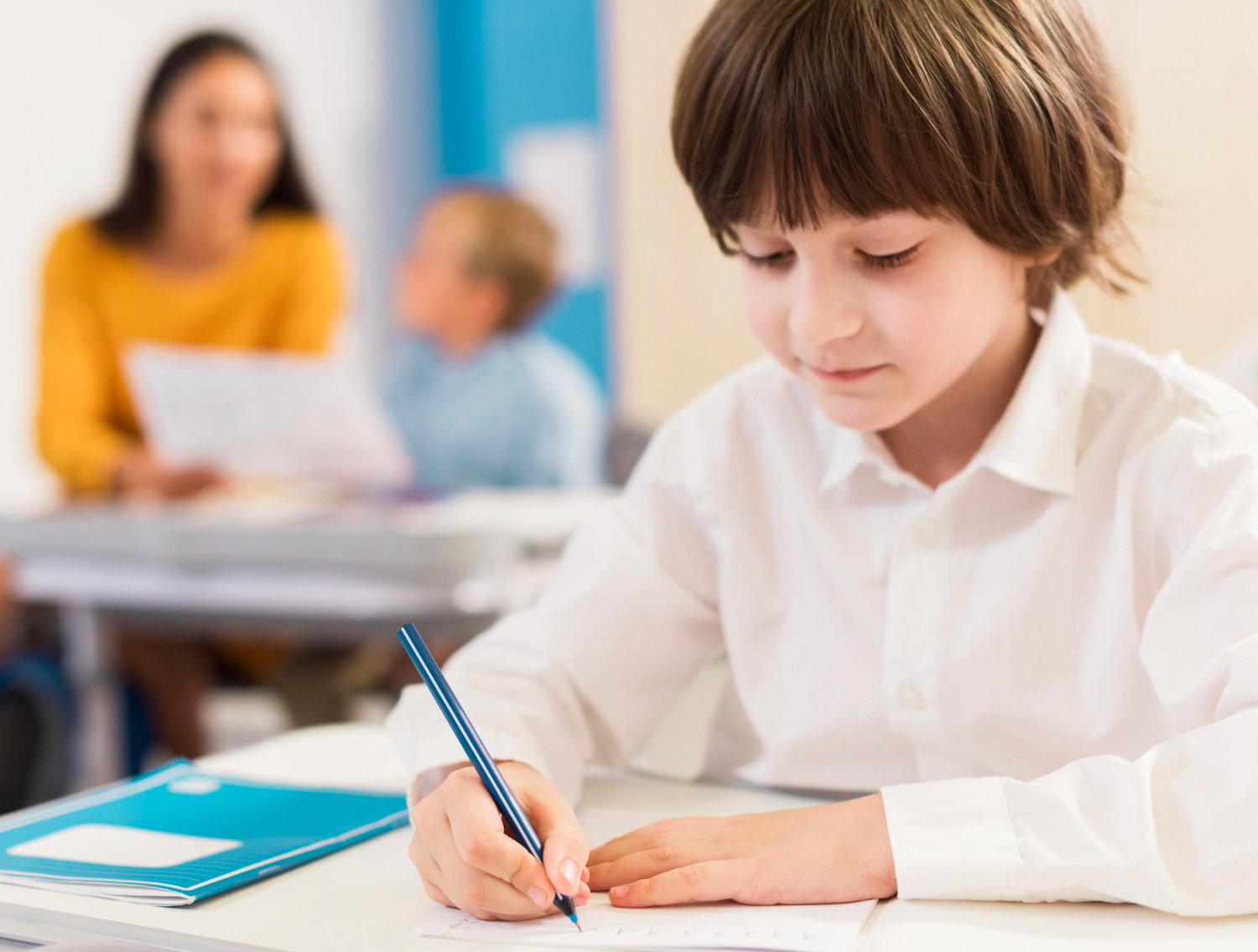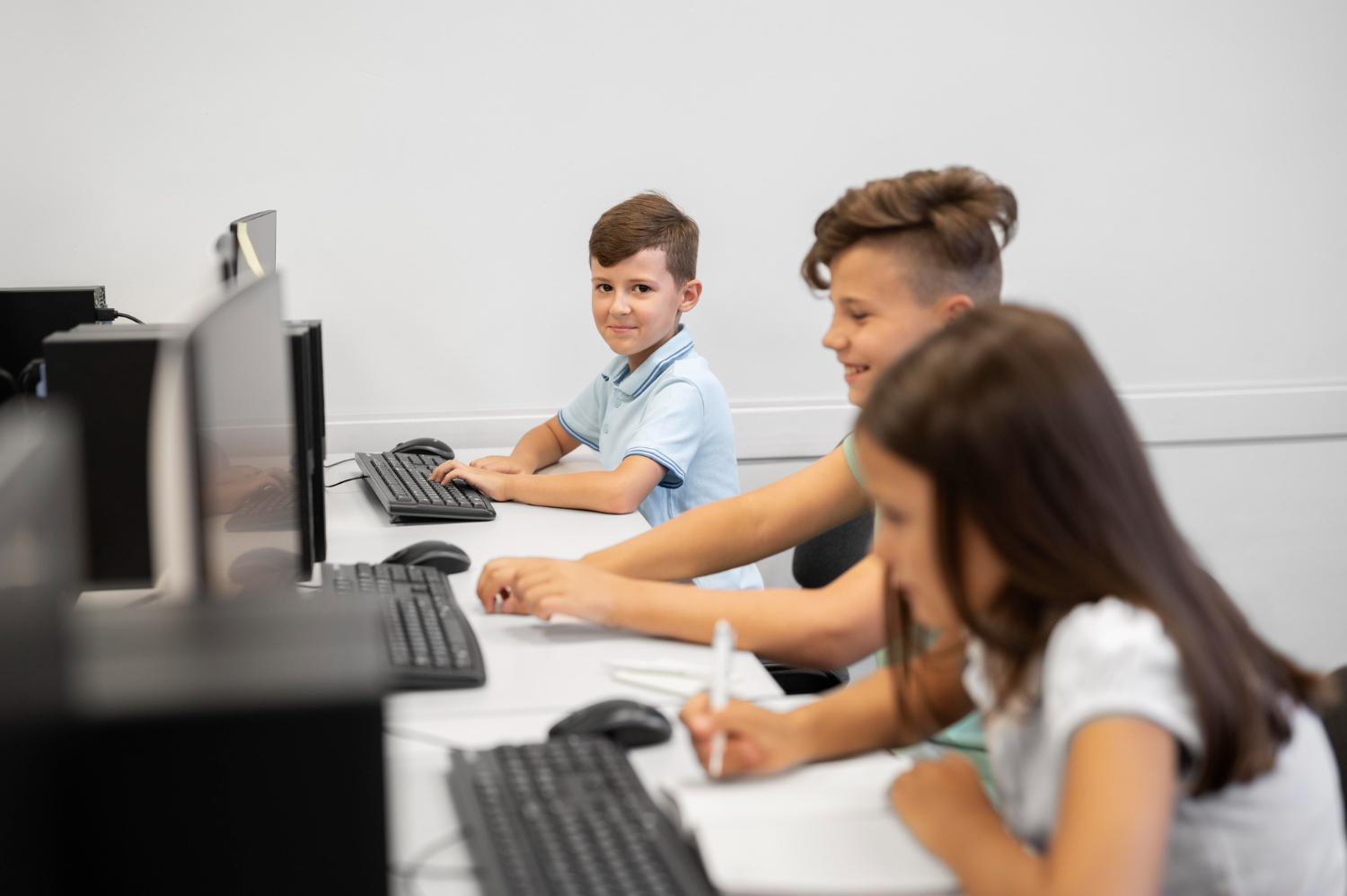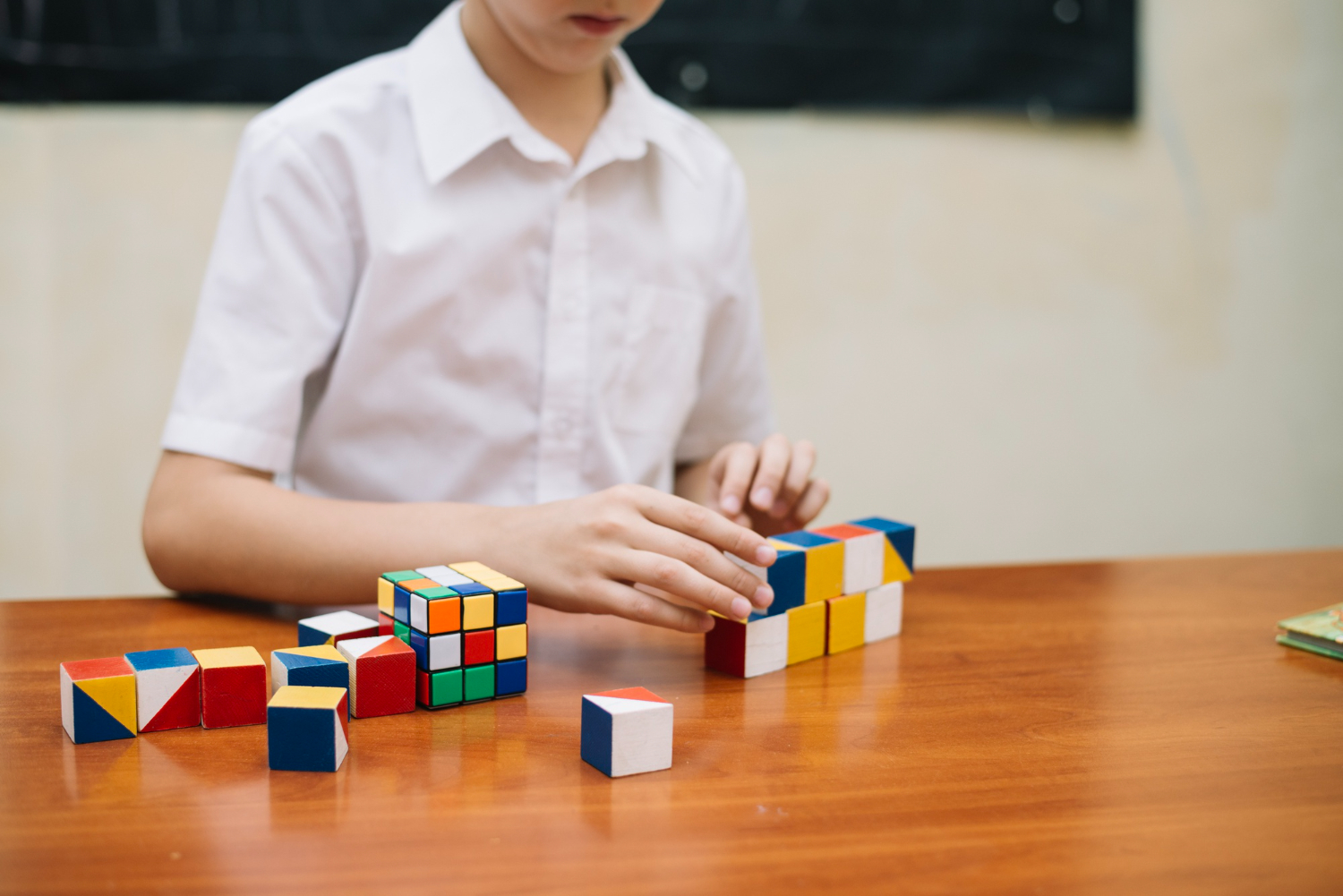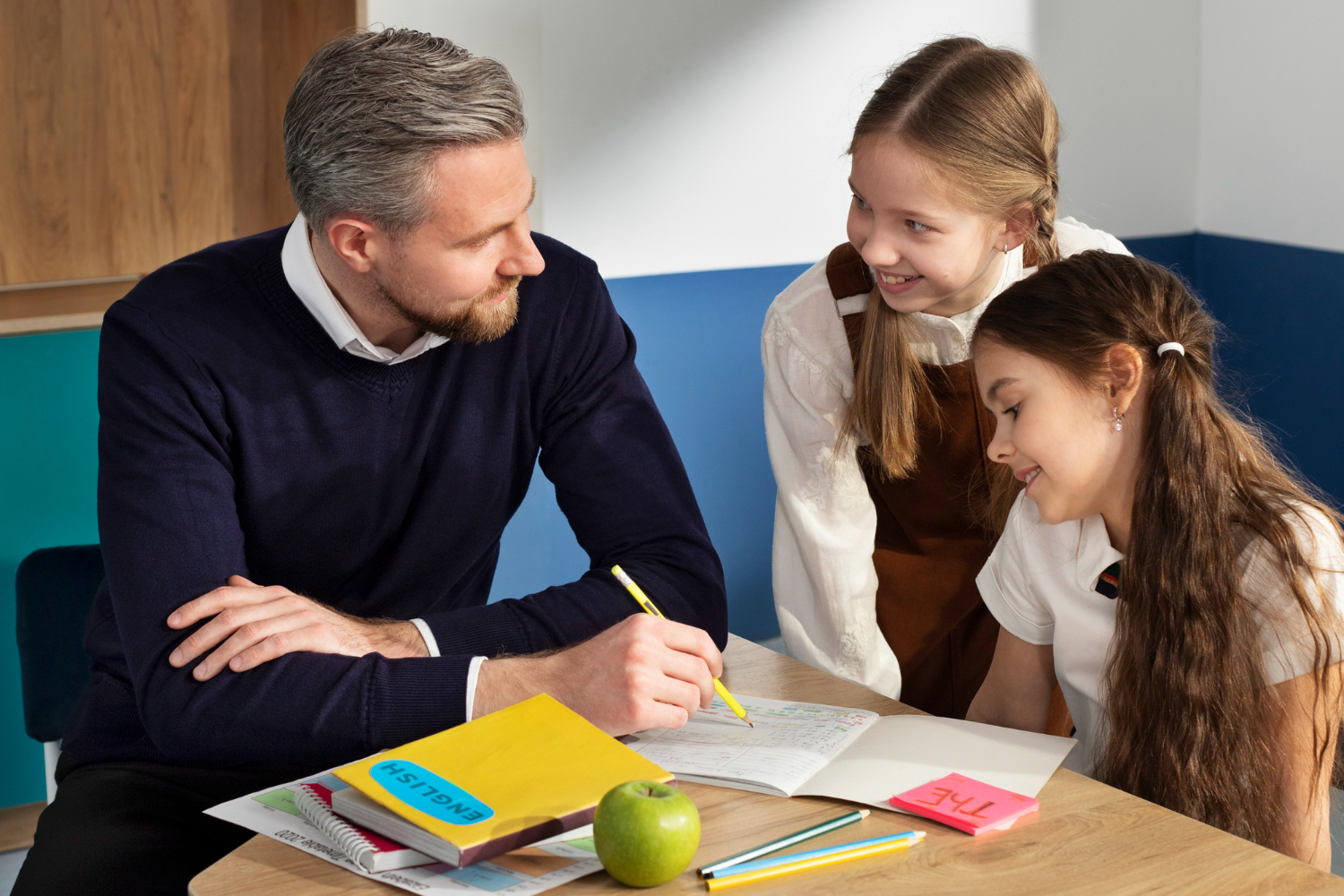Engaging students in the learning process is essential for creating a positive and productive classroom environment. When students are actively involved and motivated to participate, they are more likely to retain information, develop critical thinking skills, and succeed with their studies.
Great teaching is central to better pupil engagement. Drawing your students in and using a range of techniques will ensure they remain connected with their learning.
If you’re stuck on how to draw the attention of your students, we’ve put together different strategies that teachers and teaching assistants can use to promote student engagement in the classroom.
